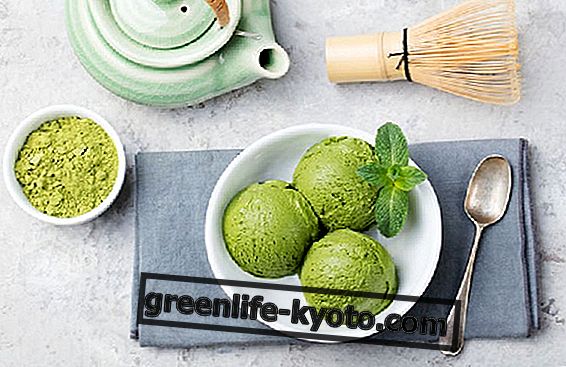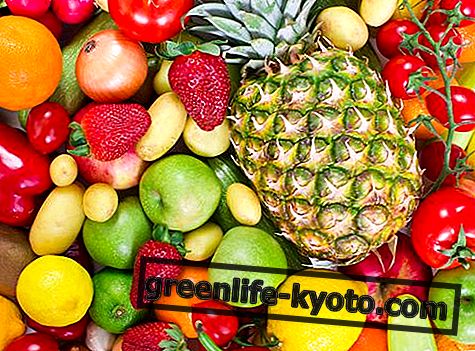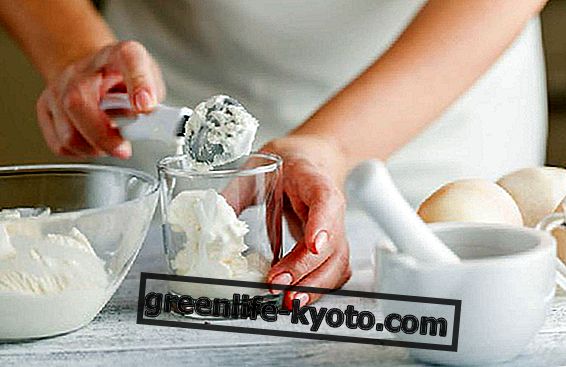
Who said that making natural baby food at home is for moms who don't work and have a lot of time?
There are quick and healthy recipes, perfect for weaning your baby in the most natural way possible.
Here are 3!
1. The recipe of vegetable broth and vegetable soup
Vegetable broth is the basis for almost all natural baby food recipes during the weaning period. It begins with a few vegetables, usually zucchini, carrots and potatoes. The others must be added one at a time, starting from the less tasty (pumpkin and fennel, for example) to then get to the more aromatic ones (for example onions and broccoli), this to help the child get used to the various flavors.
Before adding a new vegetable it would be necessary to wait two or three days, in order to test the tolerance and liking of the baby. Vegetables must be organic ; the action of chemical residues is particularly toxic for children due to their reduced body weight. The smaller it is, the more negative the chemical residues are on the body.
The vegetable broth recipe is very simple, just boil about 50 grams of seasonal vegetables in about a liter of water, without adding salt. Once the vegetables are cooked, strain the broth and blend the vegetables. This will be the basis of all "savory" baby food.
The broth can in fact be used to cook the pasta or to prepare meat, fish or simply vegetable meals.
The vegetable broth cannot be kept in the fridge for more than 24 hours and ideally should be done every day. Mothers who have little time can freeze it in cubes, to be used if necessary. Even the vegetable soup can be frozen; however, when it is kept in the fridge, it should be consumed absolutely on the same day.
2. The natural snack recipe
For a snack, the recipes of natural baby food are really very simple to make. Just blend some seasonal mixed fruit : apples, pears, apricots, peaches ...
The quantity depends on the age of the child. The fruit should be from organic farming and should be introduced slowly, as for vegetables: a fruit every three days, starting from the least allergenic (first of all apple and pear). Do not add sugar to fruit jelly; the fruit is already sweet and the children like it, especially if you get used to them from a very young age to the taste of fruit and not sugar. To make the snack more complete, you can add some milk to the fruit jelly or, when the baby is older, a few teaspoons of natural yogurt .
3. Mash with meat or fish
The procedure is always the same, the taste and the jelly change; also vary the doses - based on the age of the child - which must be agreed with the pediatrician. The same rules for fruit and vegetables also apply to meat and fish: choose foods of excellent quality, as natural as possible, to be included one by one in the child's diet.
Just prepare vegetable broth and use it to cook pasta or to prepare a cream (of rice, tapioca, various cereals). Separately, you must then steam the chosen meat or fish. Steaming times vary according to the type of meat or fish. With the homogenizer, homogenize the meat, adding a few tablespoons of broth and boiled vegetables. Pour the mixture thus obtained onto the pasta or cream. Season with a teaspoon of extra virgin olive oil and possibly a teaspoon (or two) of Parmesan.
Discover also how to prepare baby food at home













